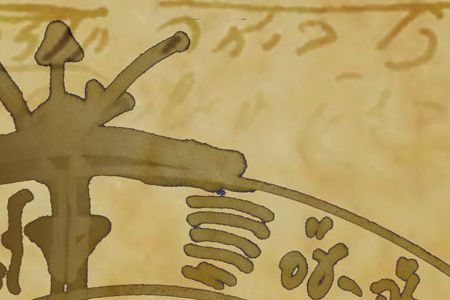“Half of the modern drugs could well be thrown out of the window, except that the birds might eat them.”
–Dr. Martin Henry Fischer
The Secret to Get Every Doctor to Care of their Patients
Thousands of years ago, in ancient China, medicine was practiced quite opposite to the way it is practiced today. In those days, every household put a vase outside its door. As the healer made his daily rounds through the houses of the village, he would look into each vase. If there was a coin inside it, he took the coin and went on his way, knowing that everyone in the house was healthy.
If the vase was empty, the healer knew that someone inside was ill. He would enter and treat the patient to the best of his ability. When the sick person was well again, the daily payment of a coin resumed.
This was a simple method that guaranteed the healer’s interest in the health of his patients, for his payments continued as long as the patient was well. To maximize his profits, the healer needed the people under his supervision to stay healthy as much of the time as possible. For this reason, the healer would walk around the village in his free time, advise people on healthy living, and reprimand those who were negligent. If a person was stubborn and refused to lead a wholesome way of life, the healer would exclude him from his rounds and refuse him medical attention when he needed it.
This simple method guaranteed that both patient and healer had a vested interest in keeping healthy—a stark difference from our present approach to medicine.
Why the Modern Health Care System Wants You to be Ill
In modern medicine, a physician’s salary is comprised of how many patients are treated daily, how many commissions are given by drug manufacturers, and how high the doctor’s rates are for services. Under private medicine, wealthier patients pay more for better doctors, which produces a skew in the quality of care available to those in lower income brackets.
In addition, today’s system penalizes a physician whose patients are healthy. In fact, the practitioner could theoretically starve to death or get a pink slip precisely because he or she has succeeded in keeping people healthy!
Continue reading “Learn Today What it Takes for You to Achieve Balance with Nature”




